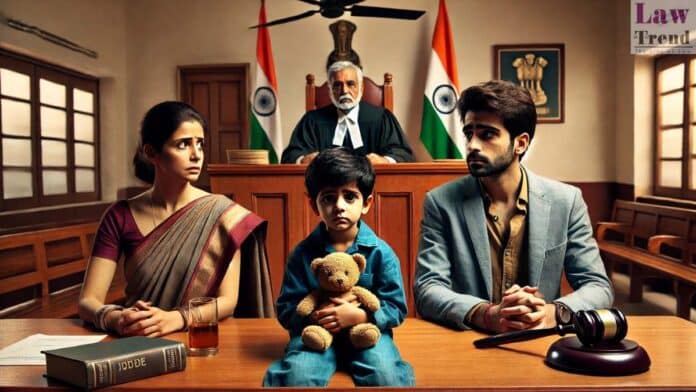The Delhi High Court has dismissed an appeal filed by a father seeking interim custody of his two minor children, affirming the Family Court’s decision to grant custody to the mother. The Division Bench comprising Justice Anil Kshetarpal and Justice Harish Vaidyanathan Shankar ruled that the father’s act of unilaterally removing the children from the
To Read More Please Subscribe to VIP Membership for Unlimited Access to All the Articles, Download Available Copies of Judgments/Order, Acess to Central/State Bare Acts, Advertisement Free Content, Access to More than 4000 Legal Drafts( Readymade Editable Formats of Suits, Petitions, Writs, Legal Notices, Divorce Petitions, 138 Notices, Bail Applications etc.) in Hindi and English.




